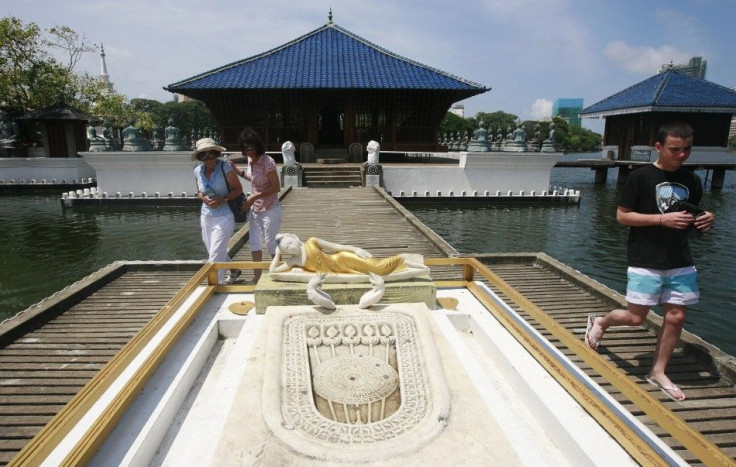Sri Lanka's GDP Expected to Grow at 7 Percent in 2012: Report

The central bank of Sri Lanka (CBSL) left its repurchase rate on hold at 7.5 percent on Wednesday, which according to Capital Economics, is the most important since the end of the civil war in 2009.
Subsequently, Capital Economics has come out with the 2012 forecasts for Sri Lanka's growth, inflation, interest rates and the currency.
The Sri Lankan rupee has declined by around 9 percent against the dollar so far this year. Capital Economics has pointed that in contrast, other Asian currencies that have benefited from a return of the global risk appetite are now around 2 to 5 percent higher. Now that the currency band been abandoned, the rupee is vulnerable to further changes in global investor sentiment. If the situation in the eurozone worsens later this year, as it is expected to and risk aversion returns, it is anticipated that the rupee will end the year at SLR127/$.
Capital Economics says that although consumer price inflation fell to a 28-month low of just 2.7 percent y/y in February, the fall was due mainly to a collapse in food price inflation. Underlying inflationary pressures remain high. Non-food CPI increased to 9.2 percent in February, up from 7.4 percent the previous month. As a result of the fuel price hikes and the weakness of the rupee, it is expected that inflation will accelerate sharply this year. We have raised our full-year forecast for inflation from 5 percent to 7 percent.
Even though the likelihood of higher inflation makes further rate hikes a strong possibility, the CBSL has said it is no hurry to raise rates further. Gareth Leather, Asia Economist in Capital Economics, says that with global growth set to disappoint this year, it is believed that the repurchase rate will remain unchanged at 7.5 percent for the rest of the year. This compares with our earlier year-end forecast of 6.5 percent.
Also due to the combination of higher interest rates and increased inflation, Capital Economics has cut the GDP growth forecast for this year to 7 percent, from 8 percent previously.
© Copyright IBTimes 2024. All rights reserved.





















